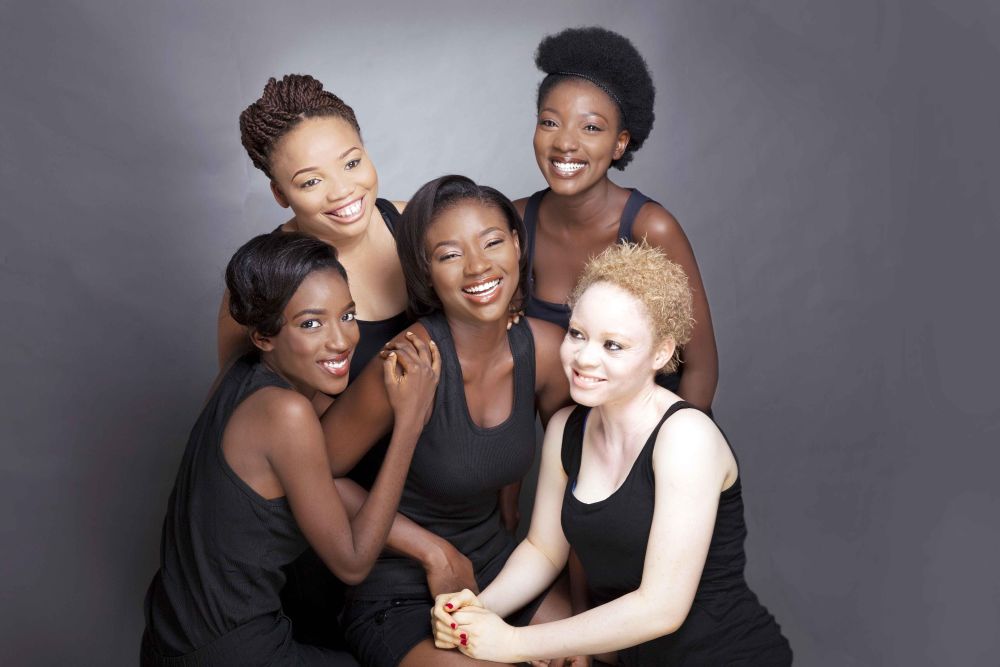Perhaps I’m too soft but I really feel for the allies of Black culture. The current climate can be confusing and doing the right thing isn’t as straightforward as it seems. Today’s question is for you!
How to reconcile that Black culture doesn’t always agree and how to be supportive when that happens?
An easy example that’s currently happening is the announcement that Kamala Harris has decided to run for president of the USA in 2020. The Black community seems to be a bit split around if she’s the one the culture should rally behind. So what’s a well-meaning white person to do?
Let’s break it down.
Hopefully, you are already aware that Black culture isn’t a monolith. Black Americans come from many different backgrounds and although our culture often ties us together, there are MANY opinions about who we are, what we should be doing, and where the culture is going. There is a great deal of variation between individuals and yet like most cultures it’s common for us to divide into many large mindsets, across lines such as gender, socioeconomic status, education, religiousness, and more.

Not all of these groups have the same ideas about life and politics, even if we present a unified front to outsiders. This fact is a bit contradicted but the ever-growing common saying of believing all X-minority people about their experience. Personally, I find that this is where platitudes end and constructive thinking begins. Statements like believe everyone is, in my opinion, meant as a way to get everyone on the same page and break down common assumptions, not to be used uncritically.

An example.
A Black person, states they experienced racism by being followed in a store. As a white person, you have the power to make two choices. Dismiss the Black person’s story, using your own biases and experiences, OR compassionately listen without dismissal. The majority of people won’t lie about these sorts of things. Additionally, even if they are mistaken, their feelings still matter, and the questions of why did they feel that way (normally showing they have been there before) one of these reactions allow you to see the human behind what may be foreign and hard to believe experience.
It’s only after this initial step that everyone is on even enough footing to have the next part of the discussion. Is the account/opinion coming from someone you respect? (if you are unsure, what is gained by fooling people? Is it worth the payoff?) Do you agree with basic political ideas? No? Have you considered their experience might be relevant to your choices? Can you compassionately listen to their case?
So, you may run into some topics that are polarizing to the Black community. At that point who you listen to should depend on who you find to be more trustworthy/aligned with your values/more to lose. An example of it could be the discussion of LGBT people within the Black community. As an outsider, It’s important to listen to both sides, but I’d suggest giving more weight towards the LGBT Black person in the discussion.
I hope this helps alleviate some of the confusion around trying to be a good ally when people
disagree.
